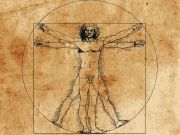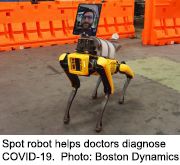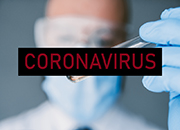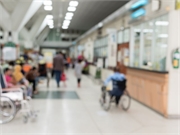
More than five centuries ago, Renaissance master Leonardo da Vinci produced a now-famous image of what he considered the perfectly proportioned male body: the “Vitruvian Man.” The drawing was inspired by even earlier pondering on the perfect human form by first-century A.D. Roman architect Vitruvius. Now, work done by American scientists involving high-tech scans of… read on >






























